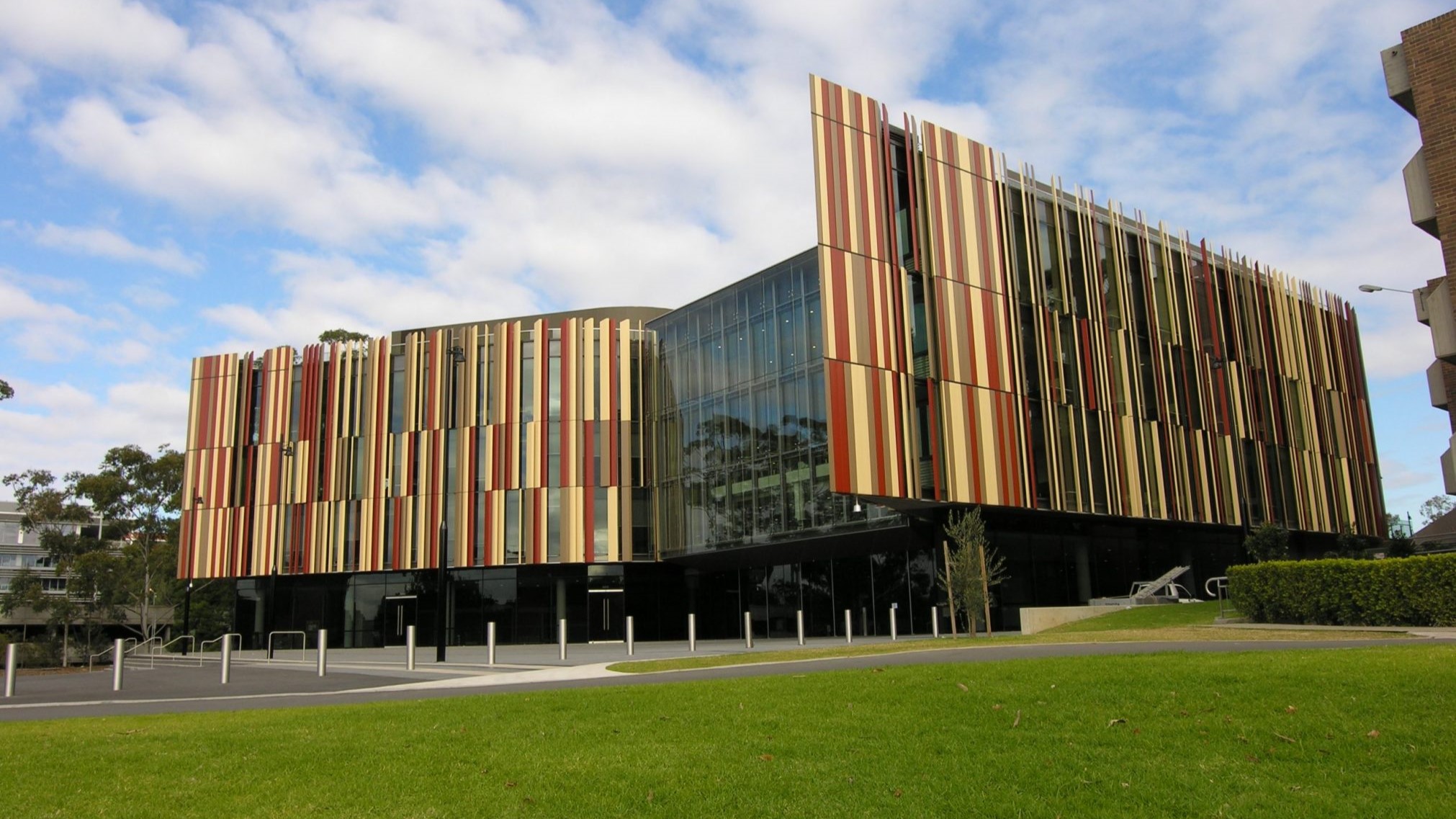The Macquarie Greek Studies Foundation held a pivotal ‘Town Hall’-style event at the AHEPA NSW Hall in Rockdale on Monday, December 16, gathering approximately 30 community members for a discussion on the future of Modern Greek studies at Macquarie University.
The event provided a platform for updates, open dialogue, and reflections on the Foundation’s ongoing efforts to support Greek language education
The event featured addresses from key speakers, including Leon Bombotas and Theo Premetis from the Foundation, as well as a significant contribution from the Consul General of Greece in Sydney, Ioannis Mallikourtis.
Much of the evening’s conversation centered on the future of Greek language education, with particular emphasis on fostering the language within homes and supporting early learning initiatives.
Background and Context
In May 2024, Macquarie University confirmed its decision to discontinue the teaching of Modern Greek, along with Italian, Croatian, and Russian, as part of its strategic shift toward a Global Cultural Studies program. This decision marked the culmination of over 12 months of sustained advocacy from the Foundation, which engaged with community leaders, Federal and State Members of Parliament, and university executives, including the Faculty Head and Vice-Chancellor.
Mr Bombotas, in his address, recounted the Foundation’s extensive efforts to advocate for the retention of Modern Greek studies.
He highlighted the proactive steps taken since October 2023, when the Foundation first became aware of the proposed changes. From securing commitments for existing students to complete their studies to lobbying for the continuation of new enrolments, the Foundation’s efforts were wide-ranging and persistent.
“We met face to face with the Dean of the Faculty, Chris Dixon on at least three occasions. It was clear from our first meeting that he was resolved to discontinue the community languages as they do not align with his long term strategy,” Mr Bombotas said.

Challenges and Reflections
During his speech, Mr Bombotas outlined the rationale behind Macquarie’s decision and acknowledged the changing landscape of education and language learning, noting how digital tools, Artificial Intelligence, and online learning platforms are reshaping how students engage with languages like Greek.
“We have a demand problem. The success of the program over the years, in creating capable teaching staff, has out-paced the demand for Greek studies at a secondary and tertiary level,” he said.
Despite this, he emphasised that while the formal Modern Greek studies program at Macquarie is ending, the Foundation’s mission to support Greek language, history, and culture remains steadfast.
Looking ahead
The Foundation’s forward-looking strategy focuses on new initiatives that reflect the modern educational landscape.
Mr Bombotas shared plans for a five-year strategic direction to be presented to the community in the coming year. Proposals under consideration include funding higher-degree research, supporting exchange initiatives and summer schools in Greece, and deepening ties with Greek Studies departments at other universities.
“While we lament the end of something good, we are now planning for something better and more attuned to the world we’re living in,” he said.
The event’s open Q&A session offered attendees the chance to voice their concerns, share ideas, and pose questions directly to the Foundation’s leadership.
Discussions reiterated the importance of supporting Greek language education from a young age, with several speakers emphasising the role of families and early learning initiatives in sustaining the language within the community.
